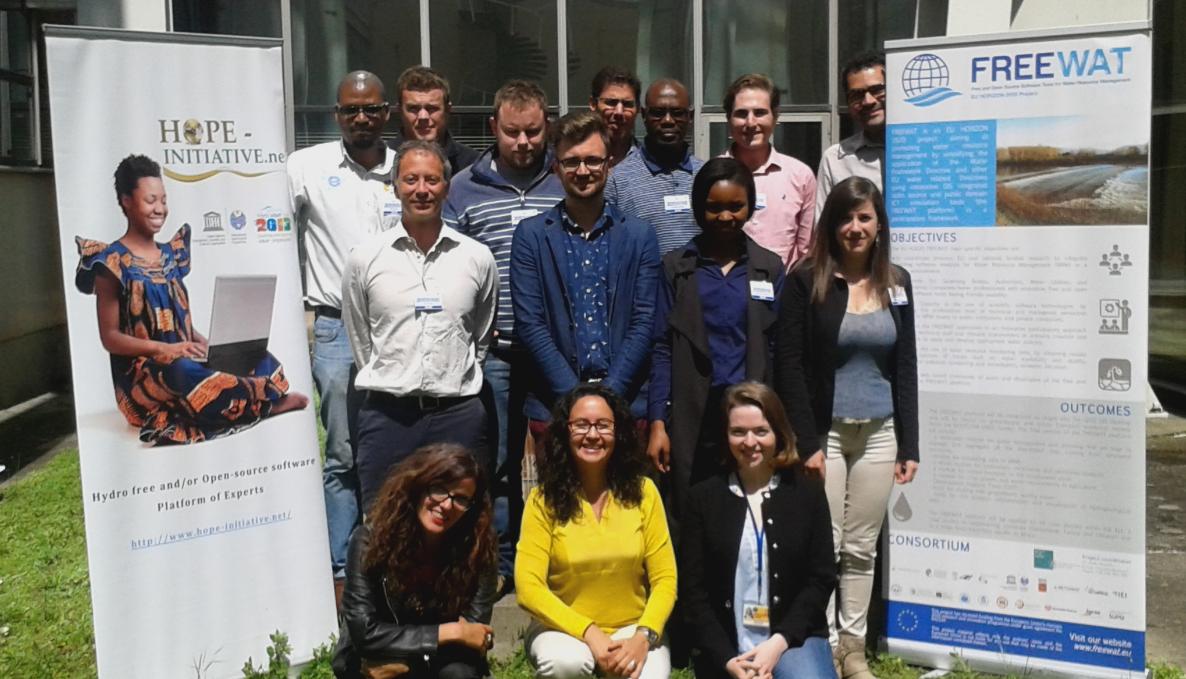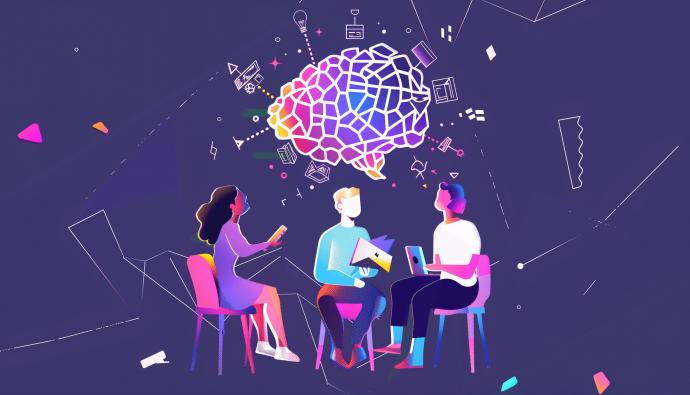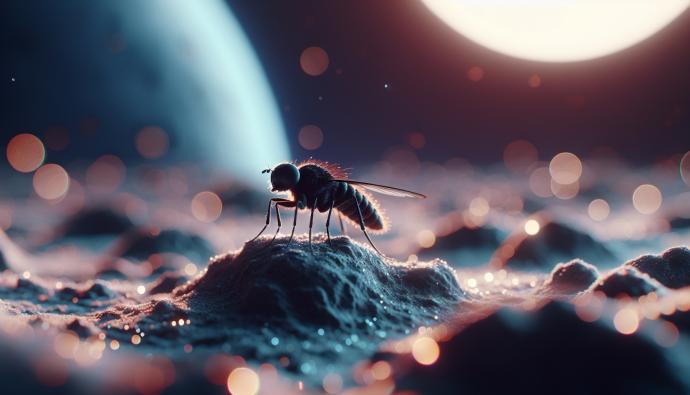INNOVATIVE IDEAS ON WATER RESOURCE MANAGEMENT AND PLANNING: IN PARIS AT UNESCO-IHP A “FREEWAT” PROJECT TRAINING COURSE COORDINATED BY SANT’ANNA SCHOOL INSTITUTE OF LIFE SCIENCES

Researchers of Sant’Anna School Institute of Life Sciences together with EU “Freewat” project partners gathered in Paris for one-week meetings and workshops aimed at identifying innovative and more sustainable approach to water resource management. “Freewat” project is an “Horizon 2020” EU financed project and is coordinated by the Sant’Anna School for Advanced Studies Institute of Life Sciences.
The training course was titled “Training the trainers” and, after the presentation at a number of European venues in Malta, Greece, Estonia, Czech Republic, Ukraine, Germany, it was delivered at Unesco International Hydrological Programme (“Freewat” project partner) premises, in Paris.
Rudy Rossetto and Giovanna De Filippis, researchers of Sant’Anna School Institute of Life Sciences with their Spanish colleague, Violeta Velasco-Mansilla, in addition to members of the Ministry of Agriculture, Water and Foresty (Namibia), the Department of Water Affairs (Botswana), and a number of PhD students of University of North West and Pretoria (South Africa), presented the “Freewat” platform to integrate existing software modules for water management.
A special focus was dedicated to the role of digital technologies in water resource management and planning also increasing the awareness of efficient water use to preserve natural ecosystems and managing both “blue” (surface/groundwater) and “green” water (soil water).
Tales Carvalho Resende of Unesco International Hydrological Programme presented the transboundary Stampriet Aquifer (Namibia, Botswana and South Africa) case study which was assessed during one of “Freewat” project technical meeting.
The Stampriet transboundary aquifer, which covers a region as large as the Switzerland, is used mainly for agriculture and livestock of Namibia and Botswana. In particular, 52% water is used for irrigation, 32% for livestock rearing, 16% for human consumption. The harmonization and development of environmental policies based on rigorous scientific analysis are placed at the base of water resources planning and management, ensuring the sustainable use of water resources of the three countries.
Methods and instruments of cooperation among “Freewat” project, GGRETA project and the Unesco Hydro Free and/or Free and FOSS Platform of Experts (HOPE), were discussed in detail.



